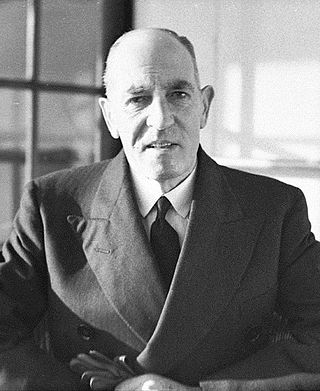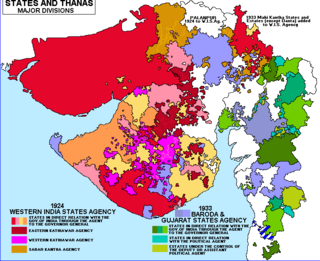Related Research Articles

William Franklin Knox was an American politician, soldier, newspaper editor, and publisher. He was the Republican vice presidential candidate in 1936 and Secretary of the Navy under Franklin D. Roosevelt during most of World War II. On December 7, 1941, Knox, flanked by his assistant John O’Keefe, walked into Roosevelt's White House study around 1:30 pm EST, and announced that Japan had attacked Pearl Harbor.

Admiral Sir David Murray Anderson, was a British naval officer and governor. Anderson served in the Royal Navy from the age of 13 and served in many colonial wars and was given various Empire postings, rising to the rank of admiral in 1931. He retired a year later and took up the posting as Governor of Newfoundland, where he also took up the role of Chairman of the Government following the suspension of self-government in the Dominion of Newfoundland. Leaving Newfoundland in 1935, he was appointed as Governor of New South Wales but served only briefly due to his ill health. He died while in office aged 62.
The following lists events that happened during 1936 in New Zealand.

John Philip Bagwell was an Irish businessman and politician.

The Western India States Agency (WISA) was one of the agencies of British India. This agency was formed on 10 October 1924 as a part of the implementation of the Montague Chelmsford report on constitutional reforms. It was formed by merging the areas under the erstwhile Kathiawar, Cutch and Palanpur agencies.

Stephen Andrew Rudd was an American attorney and politician. He served as a member of the United States House of Representatives for New York's 9th congressional district from 1931 to 1936.
Events from the year 1874 in Ireland.
Events from the year 1874 in the United Kingdom.
The office of Groom in Waiting was a post in the Royal Household of the United Kingdom, which in earlier times was usually held by more than one person at a time – in the late Middle Ages there might be dozens of persons with the rank, though the Esquires and Knights of the Body were more an important and select group. Grooms-in-Waiting to other members of the Royal Family and Extra Grooms in Waiting were also sometimes appointed. For the general history of court valets or grooms see Valet de chambre.
St. Denis Church is a Roman Catholic parish church under the authority of the Roman Catholic Archdiocese of New York, located in Hopewell Junction, Dutchess County, New York. It was established in 1899 as a parish; it had previously been established a mission of St. Mary in Wappingers Falls.
Events from the year 1936 in Scotland.
The Lanzetta Brothers, also known as the Lanzetti Brothers due to an incorrect spelling used by newspapers, was a group of six brothers who ran bootlegging operations in Philadelphia and possibly Atlantic City.

Captain Timothy Dwight (1629–1718) represented Dedham in the Great and General Court of Massachusetts and was the progenitor of the Dwight family.
The Apostolic Nunciature to Syria is an ecclesiastical office of the Catholic Church in Syria. It is a diplomatic post of the Holy See, whose representative is called the Apostolic Nuncio with the rank of an ambassador.